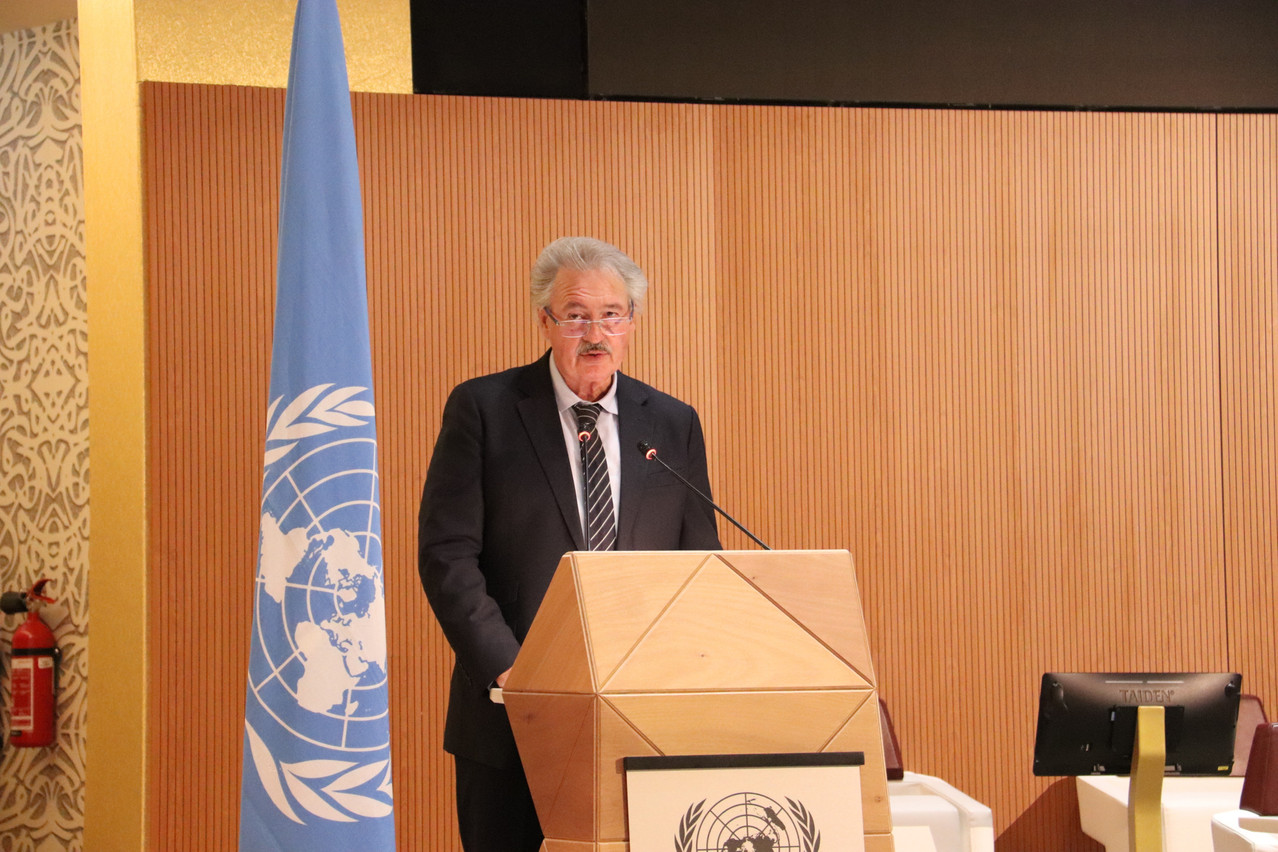The urgent meeting of the UNHRC was called by Ukraine with 29 of the 47 members of the council voting in favour of the high-level summit. Russia, China, Cuba, Eritrea, and Venezuela voted against the session taking place.
During the UNHRC’s meeting in Geneva on 28 February, Asselborn reaffirmed the Luxembourg’s commitment to the Universal Declaration of Human Rights and stressed that the most serious human rights violations happen during armed conflicts. He also recalled that the war in Ukraine is not the only military escalation, referencing conflicts in Afghanistan, Yemen, Ethiopia, and Palestine.
"Respect for human rights is one of the noblest ambitions ever expressed by humanity. At a time when war is once again showing its frightening face, it is more important than ever to demonstrate our determination to defend our supreme maxim that all human beings are born equal in dignity and rights,” said Asselborn.
The meeting was also Luxembourg’s first participation in the ministerial segment of the UNHRC as an elected member. Luxembourg’s chief of diplomacy recalled the country’s main priorities during its mandate: support for the rule of law, civic space and human rights, sustainable development and climate action based on human rights, gender equality and the fight against discrimination, and the protection and promotion of children’s rights.
Asselborn’s trip to Geneva was also an occasion for several bilateral meetings. The foreign affairs minister met with his Palestinian counterpart Raid Malki and reaffirmed the importance of putting an end to impunity in the occupied Palestinian territories. Asselborn also held talks with the Director General of the World Trade Organisation (WTO), Ngozi Okonjo-Iweala, discussing the challenges imposed by the covid-19 pandemic on international trade. He also also met with representatives of non-governmental organisations Human Rights Watch, Amnesty International and the International Service for Human Rights in order to learn more about their work and their goals.
